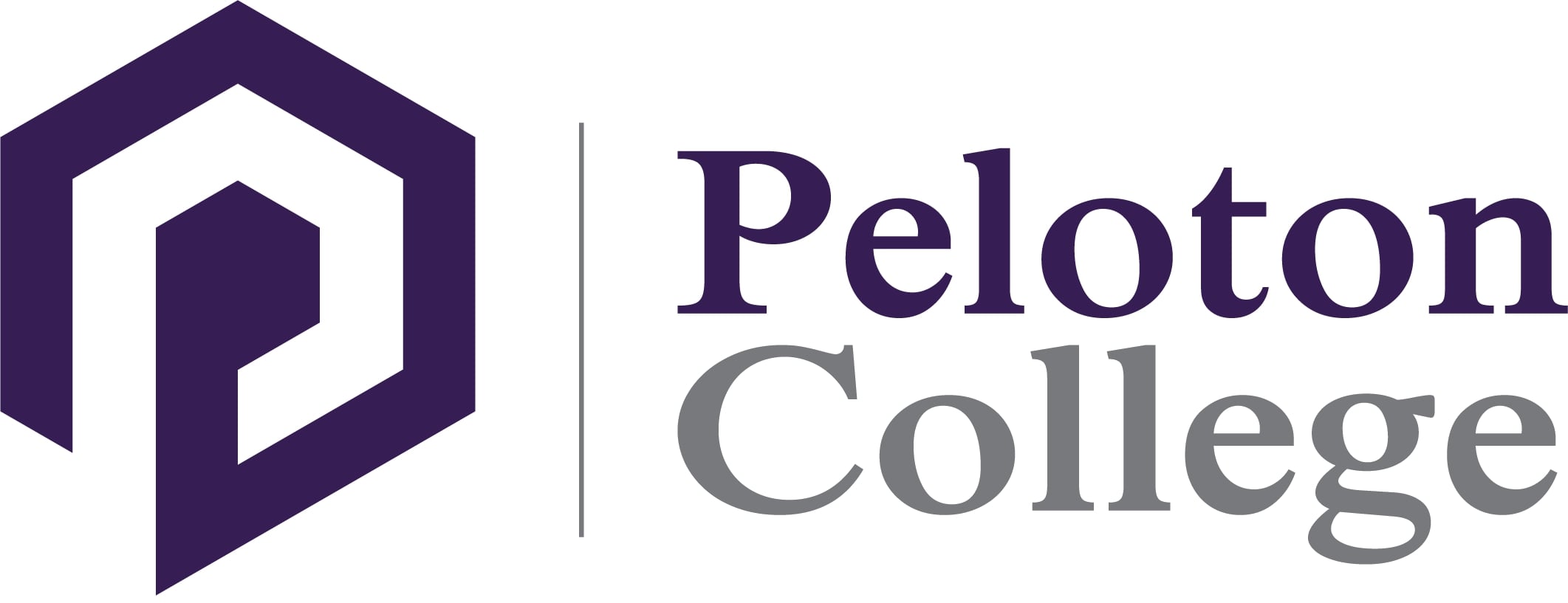How Long Does It Take to Become a Certified Ethical Hacker?

The IT industry provides those interested in computers and networks with a lot of exciting options. It is, in many ways, the foundation of modern culture. Almost every aspect of our lives depends on computers or networking in one way or another. The IT industry powers everything from paying for coffee in the morning to browsing the news on your phone at night.
It is also important to protect it against threats. There are many opportunities, including working in cybersecurity. The idea of becoming an ethical hacker is often appealing. After all, ethical hackers protect important resources with some especially exciting methods. Most people also have a lot of questions about ethical hacking. Two of these questions are especially prevalent. When people hear about ethical hacking, they’re curious about what the profession entails, and they also want to know how long it would take to become a certified ethical hacker.
What Does an Ethical Hacker Do?
Most questions about ethical hackers revolve around, what ethical hacking actually means. Ask the average person what a hacker does, and they’ll probably list off several illegal activities. But every one of those hacking concepts can be counted by an IT security expert with a strong background in hacking. And those security experts are called ethical hackers. An ethical hacker essentially uses expertise in hacking to protect systems from criminal hackers.
Ethical hackers have a lot of variety in their professional workday. This is because hacking as a whole is an incredibly varied topic. Several activities fall under the broad banner of hacking. An ethical hacker needs to have skills in all of these areas, to protect against breaches to computers and networks.
Penetration Testing
One of the most dynamic areas of ethical hacking is something known as penetration testing. A penetration test, also known as a pen test, involves an ethical hacker trying to break into a computer system. It’s important to note that penetration tests are done with the permission of the owner of the system. It’s essentially an ethical hacker trying to get into the mind of an unethical hacker. The ethical hacker will use methods favored by unethical hackers to break into a computer system. They will note where these attempts succeeded, and the company can then take measures to protect itself from the methods used in the successful attack.
IT Security
Ethical hackers might also work with IT security to protect a system. After an ethical hacker finds security issues, they can work with IT security to properly harden vulnerabilities. In fact, there’s a considerable amount of overlap between ethical hackers and IT security. Ethical hackers leverage a lot of the standard monitoring tools used by security experts as they work to find vulnerabilities in a system’s security. Likewise, an ethical hacker might go over logs generated by those tools to diagnose the sequence of events that led up to a hacked system.
Ethical hackers will often find themselves moving between different departments. One day they might be working with issues related to database security. The ethical hacker might spend the next day monitoring network activity, and the following could be spent discussing their findings with various staff members.
An ethical hacker will see a lot of variety in their workday. One of the biggest constants is that they will always be working with advanced problem-solving techniques. Hacking is fundamentally related to the search for clever solutions to security problems.
How Long Does It Take to Become a Certified Ethical Hacker?
Ethical hacking is an appealing career path for people who love working with technological puzzles. But how do you go about becoming an ethical hacker? The simple answer comes down to acquiring the proper cybersecurity certifications. Preparing for these certifications typically involves 63 weeks of study at a trade school program.
It’s important to keep in mind just how varied an ethical hacker’s skillset needs to be. Ethical hackers need to have a solid foundation in most areas of IT. This also means that preparation for becoming an ethical hacker is synonymous with preparation for a wide range of different IT certifications.
The core training to become an ethical hacker begins with the study of basic IT, cybersecurity, and networking. Linux is given special attention as a platform of choice for most of those subjects. Though Windows, OSX, and mobile operating systems are also given their due attention. All of this comes together to provide you with an understanding of pen testing, network countermeasures and defense, the digital forensics used to analyze hacking attacks, incident responses, and general cybersecurity policies.
What Certifications Does the Cybersecurity Program Prepare You For?
The Associate of Applied Science in Cybersecurity training program at Peloton College, will prepare you for these varied IT certification options. This is largely thanks to the impressive scope of ethical hacking. After the training program, you’ll be ready to take the following certification exams.
CompTIA A+
CompTIA A+ is one of the foundational certifications. Passing the A+ exam proves that you have a strong grasp of the fundamental aspects of the IT sector. This involves everything from the installation and configuration of desktop operating systems to the basics of networking and cybersecurity. The exam also covers system upkeep and migration.
Someone with A+ certification can replace parts in a desktop or server system, install or migrate virtual machines, and work with a range of peripherals. A+ certification doesn’t go into extensive depth on any one subject, but it does show that someone can handle the basics of almost everything related to IT.
Network+
Network+ covers most of what you will encounter in digital networking. The Network+ certification covers local-area networks (LANs) and wide-area networks (WANs), but it also looks at the ways in which these networks connect and interact with the nodes found in any modern system.
Of course, a network is more than the medium used to transmit data. Networks also encompass how data is utilized at the destination. A Network+ certification attests that you can work with, design, and implement these systems. It also encompasses the use of cloud-based technologies within a digital network.
Security+
Security+ covers the fundamentals related to modern cybersecurity. This makes it an ideal certification for anyone interested in ethical hacking. After all, defeating cybersecurity means knowing everything about it. Likewise, an ethical hacker should be able to implement or discuss ways to properly harden potential security issues within a system.
Security+ covers these topics within the context of the popular operating systems. The Security+ certification exam even looks at security measures related to mobile devices. The certification proves that you’re able to detect security threats, guard against them, and ensure compliance with regulations.
Linux+
Linux+ certification covers the many elements of the Linux operating system. Linux is heavily represented in digital security, networking, and servers. This is in large part because Linux is the most popular open-source operating systems. You can freely modify or study any part of a Linux installation. This gives you an unprecedented ability to secure systems against threats or modify them for new purposes. Linux often runs on servers, as trimmed down distributions on portable devices, and on the computer’s desktop. Even the Android operating system uses a Linux kernel.
Linux+ covers these usage scenarios. The certification encompasses the many elements of the Linux operating system. This even includes the configuration of kernel modules. Cloud computing isn’t the main focus of the Linux+ certification. However, cloud computing and Linux are often tied together. Many cloud platforms are essentially Linux distributions and management of them falls under the scope of Linux+ certification. Linux+ also touches on the Linux side of many familiar topics. For example, it highlights some of the key differences in security measures between Linux and other operating systems.
The Linux+ certification also examines the concept of automation and scripting. This is particularly important for ethical hackers. Malicious hackers use scripts to automate their attacks against a company’s systems. Knowing how scripting works makes it easier to understand malicious scripts and create your own automated defenses.
CySA+
The CompTIA cybersecurity analyst (CySA+) certification covers security analytics, intrusion detection, and proper response procedures. The certification proves that you can properly analyze a system to discover existing or potential security vulnerabilities. Part of this comes from a familiarity with a basic software toolset.
The CySA+ exam covers both the use of tools to perform environmental reconnaissance and how to properly analyze their logs. Likewise, the exam tests you on how to properly analyze security data to find issues. CySA+ also works from an assumption that you can work in a senior role for an incident response during ongoing cyber-attacks. It looks at how you’d use forensic tools as part of an incident response team during an ongoing attack.
Pentest+
Penetration testing is one of the most important parts of ethical hacking. Penetration tests pit an ethical hacker against a wide range of security measures within a company. Performing a pen test requires you to not just know how to break into digital systems. It also means that you need to fully document the process and elaborate on why certain parts of a company’s security were vulnerable. The Pentest+ certification covers the many parts of that process.
Passing the Pentest+ certification exam doesn’t just mean you have the skills needed to exploit a vulnerability within a company’s system. However, you’ll need to demonstrate that you can plan a pen test, manage, and weigh the importance of different weaknesses, and leverage different techniques to better match different environments. The Pentest+ certification shows that you can properly document the procedure to help companies strengthen their cybersecurity.
Final Thoughts
Do you have 63 weeks to prepare for your career as an ethical hacker? Peloton College offers the knowledge and skills you need to prepare for the many CompTIA certifications that will help you enjoy a job in cybersecurity. If you have the time to learn, we have the right coursework for you.
Want to Learn More?
Under this Information Technology training program, you will learn Network Administration and how to build, troubleshoot and maintain computer systems. You will also learn to build networks to specifications using Cisco routers and switches. The Information Technology Support Professional program at Peloton College will prepare you to sit for the following certifications: including CompTIA A+, Network+, Security+, CCNA, CWNA and ITIL foundation certifications.
The mission of Peloton College is to be the premier provider of hands-on training and education by providing you with the necessary skills to secure occupational careers. Contact us today to learn more.



